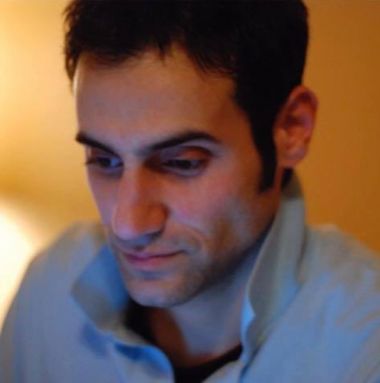Christian Arab man killed by alleged Muslim hater gets 'important' funeral

Christian man Khalid Jabara, a 37-year-old Lebanese-American, was killed earlier this month in Tulsa, Oklahoma, U.S.A. by a man who might have mistaken him for a Muslim. His fellow faithful in his Church were determined to remember him as a firm believer in God's teachings as they bid him final farewell.
The Huffington Post reported that hundreds attended Jabara's funeral, where they were told "to never forget God — no matter what."
According to a separate report by Religion News, Rev. George Eber of St. Antony Antiochian Orthodox Christian Church, where Jabara belonged, said the slain member of his flock was remembered in a traditional Christian funeral.
The funeral, which featured chanting and Holy Scripture readings, both celebrated Jabara's life and answered essential questions that may be in the minds of other faithful in the Church.
"The funeral is important," Rev. Eber said, "to address, 'Where was God?' and 'Where does evil come from?'"
While Jabara's death may have attracted attention in the political front because of it being described as an alleged hate crime, the priest said the Christian funeral was apolitical.
"We will avoid all politics," Eber maintained. "We will keep demonstrators off of our property."
He added that off-duty police officers were hired by the congregation to keep away the protesters and to make the Christian funeral for Jabara as solemn as possible.
Rev. Eber also expressed hopes that Jabara's death would raise awareness on the significant minority of Arabs in the Middle East, the U.S. and elsewhere who are Orthodox Christians.
Prosecutors identified the key suspect in Jabara's death as Stanley Vernon Majors, a man who is already facing charges for attempting to run over the Christian man's mother with a car last year — just one of the many instances of harassment on Jabara and his family allegedly perpetrated by the suspect.
The suspect was earlier reported to have taunted his neighbours by calling them "Aye-rab" and "Mooslem," as well as other racially and religiously charged terms.











